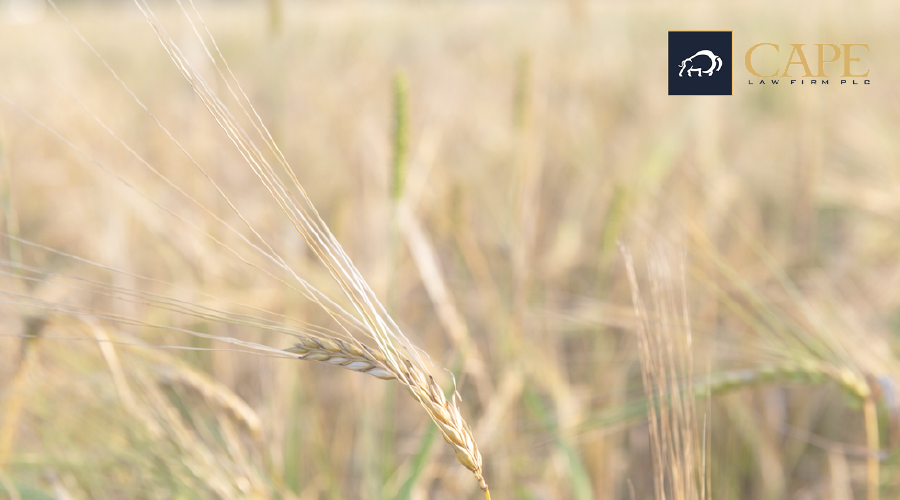Ag’s Biggest Players Keep Their Russian Business
A recent article in the Wall Street Journal revealed that some of the biggest names in agriculture, including Bayer, Cargill, Syngenta, and ADM, have continued to do business in Russia after its invasion of Ukraine. While many other global companies have put Russian operations on hold or severed ties completely, Ag’s big players have continued to sell seed and handle grain crops in the country. Most of the ag companies that have remained in Russia argue that they are obliged to continue operations there out of humanitarian concerns over food availability to Russian citizens. Cargill stated that “Food is a basic human right and should never be used as a weapon.” The world wheat supply is one of the primary casualties of the Russia-Ukraine war because the two countries account for roughly a third of global wheat exports. Ukraine is also a major producer and exporter of corn and sunflower oil. Since the war has broken out in Ukraine, commodity prices have surged and global grain supply chains have come under intense pressure.
According to the Wall Street Journal article, even if crop suppliers pulled out, Russia would probably produce enough grain to feed itself. Big Ag’s right-to-food logic sounds good on its face, but undeniably results in fueling one country’s (Russia’s) desire to eliminate the rights of another country (Ukraine’s). If these companies feel that food is a basic human right, then they must be providing tons of free food to people that are starving, right? Hmmm.
Hemp Makes for Happy Cows
New research out of Kansas State University has found that hemp may provide more than just nutrition as a feedstuff in livestock rations – it may also reduce stress in cattle, making for a happier cow. Data from the University’s research shows that the cannabinoids in help decreased the stress hormone cortisol and also the inflammatory biomarker prostaglandin E2. “Thus, hemp may be a natural way to decrease stress and inflammation related to production practices such as transportation and weaning,” according to Michael Kleinhenz, K-State assistant professor of beef production medicine at the College of Veterinary Medicine. The data also showed that repeated daily doses of CBDA did not cause an accumulation of cannabinoids in the blood.
Although hemp is not yet approved by the FDA as an animal feed ingredient, industry stakeholders have made important strides towards that goal with the Hemp Feed Coalition’s first submission for hemp animal feed to the Association of American Feed Control Officials. Gaining approval will require data from American producers demonstrating consistency, safety and efficacy of hemp as a feed ingredient. Studies like the one from K-State are filling the knowledge gap and bringing a new crop one step closer to mainstream use in U.S. agriculture.
Cape Law Firm’s Frequently (or Randomly) Asked Questions
What are Agricultural Experiment Stations?
Agricultural Experiment Stations are the research institutions of the nation’s land-grant universities that conduct scientific and economic research in agriculture. With the Hatch Act of 1887, Congress gave federal funds to each of the land-grant universities to establish an “agricultural experiment station” with this mission:





